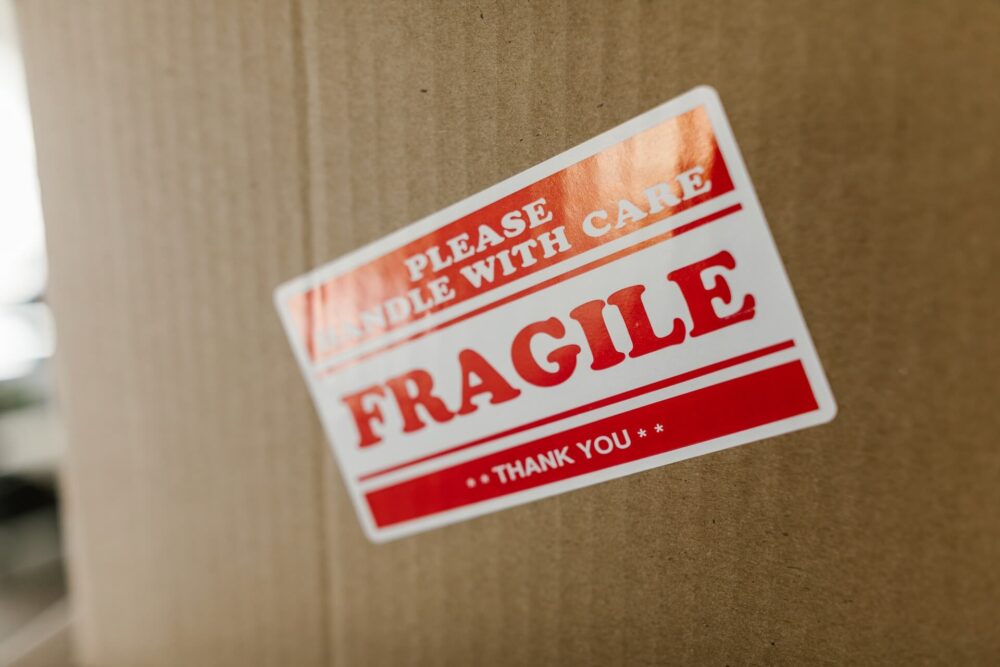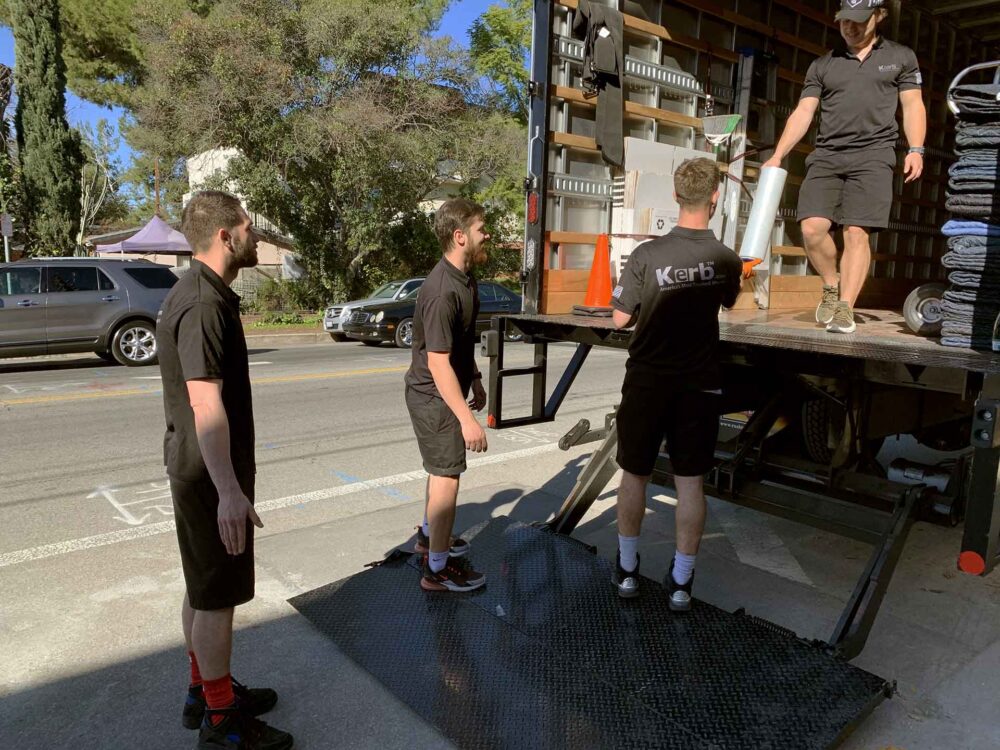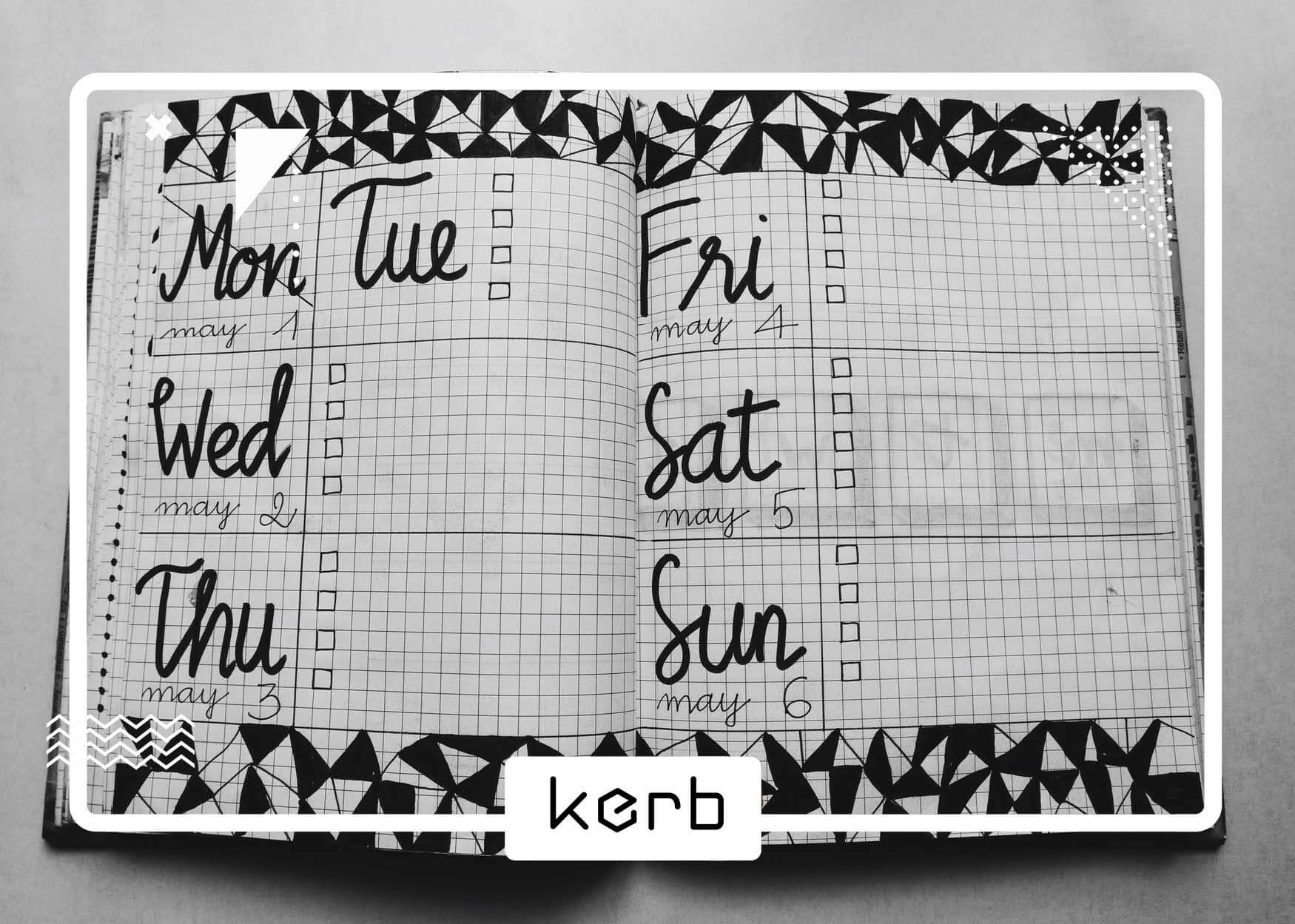If you’re planning a long-distance relocation, creating a detailed moving inventory is vital for a seamless transition. We will provide essential tips to organize, track, and manage your belongings, ensuring a stress-free relocation experience. Let us make this transition a breeze and help you embrace your adventure with confidence.

What Is Moving Inventory and Why Is It Important
Relocation inventory is a detailed list of all the items you plan to relocate to your new home. The significance of a household inventory for moving cannot be overstated. This comprehensive record includes the condition of your possessions, their value, and specifics such as size or fragility.
It serves as a master long-distance moving checklist, ensuring nothing is left behind or lost in transit. Moreover, it’s a crucial tool for organizing and planning your relocation. It will aid in the unpacking process and provide a clear record for insurance purposes, should anything get damaged or misplaced.
What Is Its Role in Planning and Executing a Move?
The itemized moving list plays a pivotal role in both the planning and execution phases of your relocation. During planning, it helps you determine the amount of packing materials needed, the size of the moving truck required, and even the relocation costs.
Many cross-country movers establish their fees on the moving box inventory. They determine if partial or full packing services are required based on the number of crates to be relocated. Furthermore, a good relocation checklist will assist you with downsizing for your relocation. It helps with decision-making about what items to keep, sell on platforms such as Craigslist, donate, or get rid of responsibly, leading to a more efficient relocation experience.
Your inventory management during the move also becomes a vital tool for tracking your belongings. It helps in ensuring that all items are accounted for at both the departure and destination points. For items of special value or fragility, it provides specific handling instructions to white glove movers, reducing the risk of damage.
Moreover, in the unfortunate scenario where items are damaged or misplaced, this record becomes crucial. Personal property inventory is pivotal in filing insurance claims. It ensures you have the necessary documentation to support your case, making it an indispensable asset in safeguarding your belongings throughout the shipping process.

A Step-By-Step Guide on How to Prepare Your Inventory
Being well-prepared ahead of time is critical for a stress-free move. An organized and detailed list is a roadmap for keeping track of everything and managing your things effectively. Let’s dive into the steps to create an effective moving inventory.
Step 1: Start the Preparations Early
The best time to start preparing this list is as soon as you decide to relocate. Starting early gives you ample time to thoroughly list and assess all your belongings without the pressure of looming deadlines. It also allows for a more accurate and careful evaluation of your items, ensuring that nothing is overlooked.
Step 2: Categorize Your Possessions
For your packing to be organized, start by sorting your items by room and type. This approach streamlines the whole process in several ways. First, by grouping similar items, you reduce the chances of forgetting anything and make the boxing-up process more systematic.
Additionally, this method significantly speeds up the unpacking process in your new home. You’ll know exactly which box belongs in which room, allowing for a more organized and quicker setup.
Step 3: Add All the Crucial Details
Creating a detailed listing is important for streamlined relocation and efficient packing. This process involves more than just jotting down item names. It’s about ensuring organized and safe transit. Here is a list of details you should include for each object:
- Condition – note the current state of each item. This helps assess if any damage occurs during the move.
- Value – estimate the rough worth of the items.
- Weight and size – these details assist in planning the space this crate needs and the order in which the relocation vehicle is packed.
- Fragility – indicate if items require special care.
- Handling instructions – specify if certain objects need upright transport or temperature control.

These Tools and Resources Will Simplify Your Inventory Management
In today’s digital age, leveraging technology can significantly simplify your inventory management compared to traditional pen-and-paper methods. Digital tools offer a level of efficiency and accuracy that manual methods can’t match.
For instance, there are several apps and software solutions specifically designed for this purpose. These tools allow you to create detailed lists, upload photos, and even track the location of your boxes. They also provide an easy way to access and update your list on the go. Some popular options include apps like:
- Sortly – lets you organize your belongings visually and by category,
- MyStuff – known for its detailed inventory capabilities.
- Google or Excel spreadsheets – handy for those who prefer a more customizable approach.

Tips for an Efficient Moving Inventory Process
Several strategies can make a significant difference in this whole ordeal, such as employing effective labeling for easy identification. Use color-coded labels for different rooms or categories of items, and consider numbering the boxes and listing their contents in your list.
When doing inventory, the boxes you pack should have a designated area on its side for marking and tracking. This system is also employed by long-distance movers to ensure precision in handling and locating items.
Furthermore, incorporating photographs and videos can be immensely helpful. Visual records provide a clear reference for the precondition of your possessions. This is especially valuable for insurance purposes in case of damage or loss. A picture is worth a thousand words, and in moving, it can be worth even more in providing peace of mind.
Long Distance Moving
Looking to move to a different state? Kerb professional movers are happy to assist you!
Packing Services
When the time comes for us to relocate, we seek to find any possible help that will ease the whole process.
Storage Services
Are you looking for storage services in your area? Kerb offers some of the best storage facilities in the country!
You Have to Handle Your Valuable and Fragile Items With Care
Remember, the extra effort and care you put into boxing up fragile items can go a long way in ensuring their safety during transit. Start by listing all delicate items, noting their condition and specific handling needs.
Use appropriate supplies, such as bubble wrap, foam peanuts, or specially designed boxes, to provide adequate protection. It’s also a good idea to mark these boxes as “Fragile” and include handling instructions like “This Side Up” or “Handle With Care.”
For high-value objects, consider whether they need additional insurance coverage. In some cases, transporting extremely valuable or irreplaceable items personally might be the safest option.

Use Your Moving Day Checklist to Make Your Relocation a Breeze
On your moving day, your checklist will be invaluable for a smooth and easier relocation process. It will become a vital tool for coordinating with your white glove moving company. By sharing your inventory with them, you ensure everyone is on the same page regarding what needs to be moved and how to handle each item.
As your belongings are loaded and unloaded, tick off items on your checklist, ensuring that nothing is missed or left behind. This practice not only streamlines the process but also provides a sense of control and oversight, allowing you to immediately address any discrepancies or concerns.

Create Your Inventory and Book a White Glove Moving Service on Time
Now that you understand how one detailed list can simplify the whole relocation process, it is time to hire local professionals to handle the rest. Kerb Movers is more than ready to assist you on this journey.
Our white-glove moving services offer meticulous care and attention to detail, ensuring that your belongings are handled with the utmost professionalism and care. From boxing you up to transportation of your stuff, we provide a seamless, stress-free relocation experience tailored to your unique needs. Don’t hesitate to reach out to us and secure the expert assistance you deserve.
Why Is It Important to Have a Moving Inventory?
This detailed list of your belongings serves multiple purposes. It acts as a roadmap for packing and unpacking, ensuring that no item is forgotten or lost. Moreover, it streamlines the whole process by providing clear guidance on what needs to be packed and in what order.
How Detailed Should My Inventory Be?
It should be as detailed as possible. Include the name, condition, estimated value, and specific details like size, shape, and fragility for each item. For your electronics and high-value items, note serial numbers and take photos. This level of detail is invaluable for tracking your possessions, ensuring proper handling, and facilitating any necessary insurance claims.
How Can This Tool Save My Time During Relocation?
With a detailed list, you can quickly identify which items are in which boxes, reducing the time spent searching for specific things. This tool also aids in the efficient loading and unloading of the relocation truck. You and the movers will know exactly what is inside each box, allowing for strategic placement based on the weight, size, and fragility of your possessions.
How Does a Moving Inventory Help With Insurance Claims?
If items are lost or damaged, a detailed record with descriptions and photos provides solid evidence of their original condition and value. This documentation is often required by insurance companies to process a claim. This makes it an essential tool for recouping losses or damages that occur during transportation, storage, and handling.
How Can I Ensure My Valuables Are Adequately Listed in the Inventory?
To ensure your valuables are adequately listed in your list, take extra time to detail each valuable item. Include a thorough description, current condition, and estimated value.
For possessions such as jewelry, art, and antiques, consider getting appraisals before the relocation. Taking photos and noting any identifying marks or serial numbers is also crucial. This attention to detail will be invaluable for insurance purposes and personal record-keeping.
What Should I Do if Items Are Missing or Damaged Post-Move?
If you discover items are missing or damaged post-move, refer to your relocation record and document the issue immediately. Take photos of the damaged items as evidence.
Contact your relocation company and your insurance provider to report the issue. Your detailed relocation list will serve as proof of the item’s pre-move condition and help facilitate the claims process. It’s important to act promptly to ensure your claim is addressed on time.
Should I Document the Condition of Items in My Inventory?
This practice serves several vital purposes. Firstly, it creates a reliable record of the state of each item before the relocation, which can be critical in the event of damage during transit. By having a documented baseline, you can easily compare the pre and post-move condition of your belongings.
Additionally, noting the condition of your belongings helps in making informed decisions about packing materials and methods. Store your important documentation and records inside the relocation binder to ensure everything is at arm’s length.








